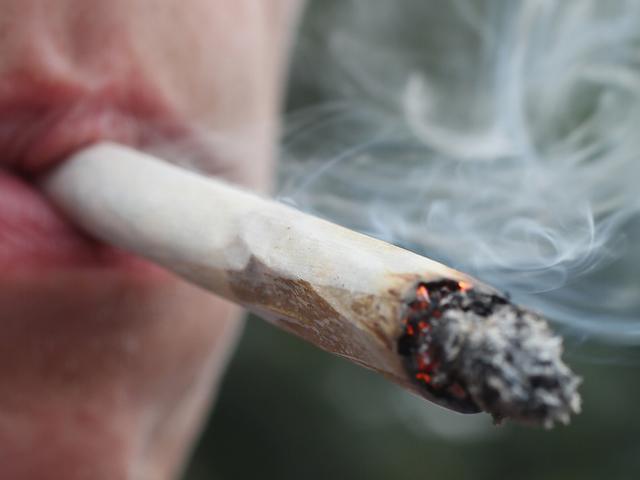Finn Selander spent his career fighting the drug war. As a Drug Enforcement Administration (DEA) Special Agent, he served as the DEA’s Marijuana Coordinator in Miami and New Mexico for six years, conducting marijuana investigations.
~
Finn Selander spent his career fighting the drug war. As a Drug Enforcement Administration (DEA) Special Agent, he served as the DEA’s Marijuana Coordinator in Miami and New Mexico for six years, conducting marijuana investigations.
He told the ABC15 Investigators he’s put a lot of people away on marijuana charges. “As an agent, I was doing my job. I was enforcing the law,” he said.
But, he said those are laws that he now thinks need to change.
Selander now is a member of LEAP, or Law Enforcement Against Prohibition , a nationwide organization of more than 150,000 former law enforcement offices and criminal justice professionals working to end the drug war.
Prohibition of marijuana has created a black market of gang violence, corruption and racism, according to a LEAP spokesperson.
And, for Selander, the work he’s doing now is the most important he could do.
As a law enforcement agent, “it was definitely hard, at times,” he said, “When I would see that injustice in a number of cases.”
He’s speaking out in support of an initiative set to show up on Arizonans’ 2016 ballots to legalize recreational marijuana in the state.
The initiative proposes legalizing marijuana for recreational use for those over the age of 21, creating a network of shops licensed to sell and distribute it and taxing it 15 percent on top of the regular sales tax.
Selander said he’s seen too many young lives ruined because of strict marijuana laws.
“Let’s say you’re in college and you actually get busted,” he said. “You would lose everything. You could be an A student, it wouldn’t matter.”
Federally, marijuana is classified as a Schedule 1 drug , up there with the most dangerous drugs on the market like heroin and ecstasy. Possession or sale of them is also punished the most harshly.
Classifying marijuana with drugs like those, Selander said, has turned an entire generation into criminals.
Maricopa County Attorney Bill Montgomery, a staunch opponent of legal marijuana, told ABC15 that we’re not fighting a drug war, “we have sought to limit the availability, use and addiction to drugs and the consequences.”
And, he said, it’s working. Montgomery cited statistics that show, while more than 50 percent of Americans use alcohol, less than 10 percent use illegal drugs.
“But we will lose ground with mixed messaging,” he said.
See Montgomery’s complete statement below.
But, for Selander, there’s one organization that wants marijuana to remain illegal: the cartels.
“Right now, the individuals that are absolutely against [sic] legalizing it and taxing it would be the cartels,” he said. “That is their main money maker.”
Montgomery’s complete statement:
We are not fighting a "drug war". We do not shoot dealers on site or napalm marijuana or poppy fields. We have sought to limit the availability, use, and addiction to drugs and the consequences. And we have been successful. While over 50% of Americans aged 12 and older regularly use legal regulated alcohol and over 27% of the same demographic uses legal regulated tobacco, less than 10% use illegal drugs. But we will lose ground with mixed messaging. As for taxing benefits, in FY2014, Arizona took in roughly $70 million in alcohol revenue and approximately $320 million from tobacco. Yet, alcohol related collisions cost Arizona nearly $500 million and healthcare related costs of tobacco over $1 billion. You can't raise enough money in taxes to cover the costs.
~





